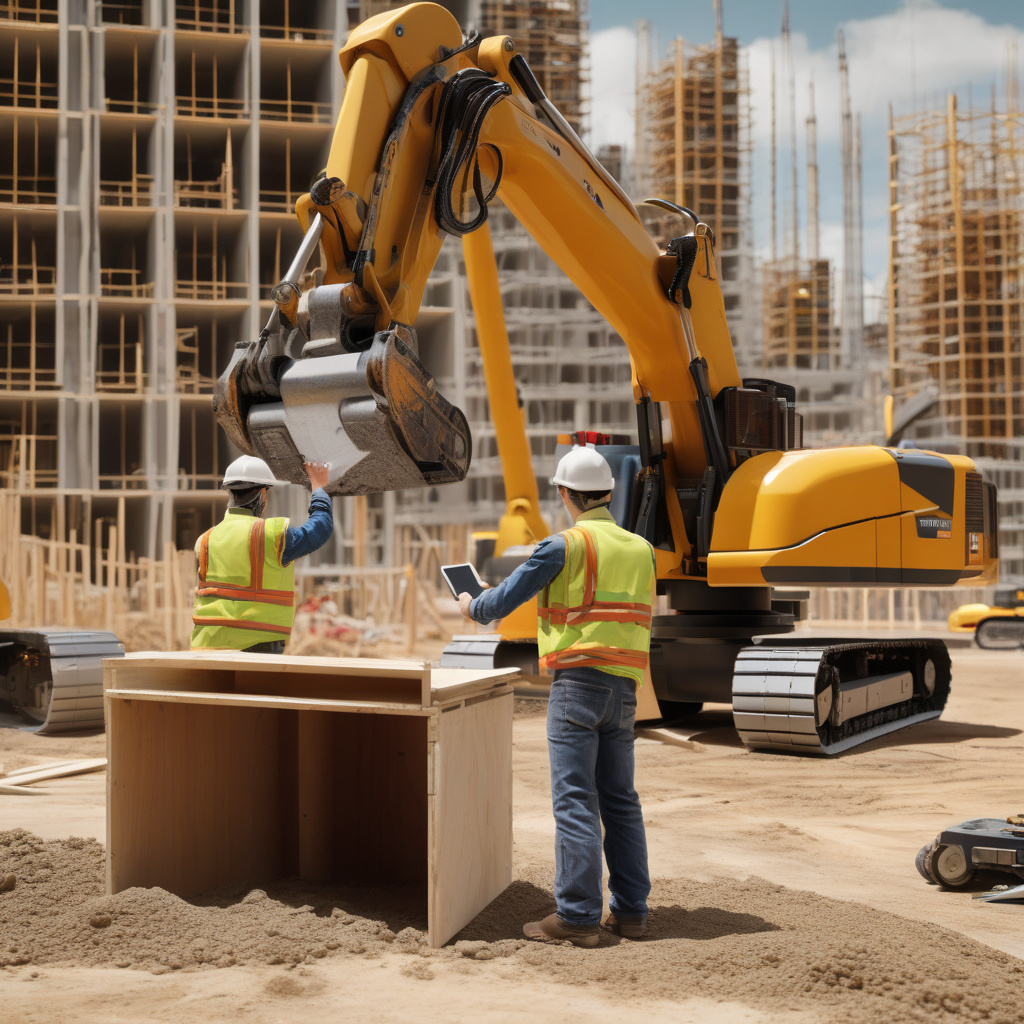Global Survey Reveals Slow AI Adoption Across the Construction Industry
The construction industry, known for its prowess in building structures that shape cities and communities, is often seen as traditional and slow to adopt new technologies. A recent global survey conducted by the Royal Institution of Chartered Surveyors (RICS) has shed light on the current state of artificial intelligence (AI) adoption within the construction sector, revealing some surprising insights.
According to the survey findings, a significant disparity exists between the intentions of investors and the actions of construction firms when it comes to AI adoption. While 56 percent of investors have expressed their plans to increase funding for AI initiatives within the construction industry, a staggering 45 percent of construction firms have yet to embrace any form of AI technology.
This glaring gap between intention and implementation raises questions about the factors hindering AI adoption in construction and the potential consequences of this reluctance to embrace technology. One key factor contributing to this slow uptake could be the industry’s inherent aversion to change and a reliance on traditional methods that have been in place for decades.
Despite the clear benefits that AI can bring to the construction industry, such as improved efficiency, cost savings, and enhanced safety measures, many firms remain hesitant to invest in and integrate these technologies into their operations. This resistance to change not only hampers the industry’s ability to innovate and stay competitive but also limits its potential for growth and development in the long run.
Moreover, the survey findings highlight a missed opportunity for construction firms to leverage AI in addressing some of the sector’s most pressing challenges, such as labor shortages, project delays, and cost overruns. By harnessing the power of AI technologies, construction companies can streamline their processes, optimize resource allocation, and deliver projects more effectively and sustainably.
To bridge the gap between intention and action, construction firms must overcome their resistance to change and take proactive steps towards integrating AI into their operations. This could involve investing in AI training and upskilling programs for employees, partnering with tech companies to develop customized AI solutions, and fostering a culture of innovation and experimentation within the organization.
By embracing AI technologies, construction firms can unlock a world of possibilities and position themselves as leaders in an increasingly digital and competitive landscape. The time to act is now, as the pace of technological advancement shows no signs of slowing down, and those who fail to adapt risk being left behind.
In conclusion, the global survey conducted by RICS serves as a wake-up call for the construction industry to reevaluate its approach to AI adoption and embrace the opportunities that technology presents. By aligning intentions with actions and prioritizing innovation, construction firms can chart a path towards a more efficient, sustainable, and successful future powered by artificial intelligence.
#ConstructionIndustry, #AIAdoption, #Innovation, #RICS, #DigitalTransformation












